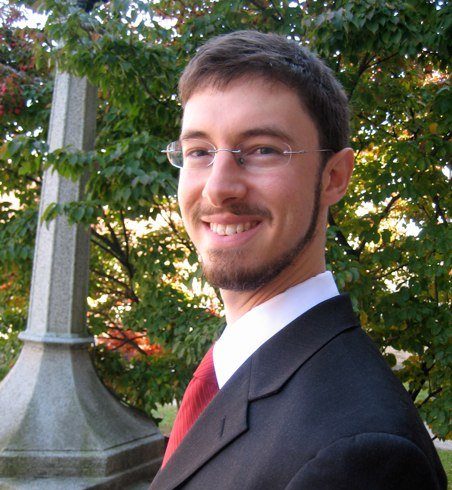It was impossible for me to read this week’s Torah portion—or indeed, do much else—without thinking of the House voting, just a week and a half ago, to raise substantially the barriers for Syrian refugees to enter the United States. And I saw an echo of the hysteria—yes, I will call it that—sweeping our country in the treatment of Tamar. But my eye also caught on something before she had even done more than enter the story.
“Judah took a wife for his firstborn, Er, whose name was Tamar. Er, Judah’s firstborn, was wicked in the eyes of the ETERNAL, and the ETERNAL killed him.” (Gen. 38:6-7)
What exactly was Er’s crime? Famously, we know that his middle brother, Onan, was killed for spilling his seed on the ground and not impregnating Tamar, because he knew any children born would be counted as Er’s and not his own. But regarding Er, the Torah is silent.
Readers abhor this kind of gap, so the commentators spring into action. Targum Pseudo-Jonathan, the old Aramaic translation that incorporates many ancient midrashic expansions, adds that Er’s sin was the same as Onan’s. Rashi elaborates that he didn’t want her to become pregnant and lose her youthful beauty.
These few short verses indicate to me two keys to understanding the current state of affairs: the Torah’s awareness that there is wickedness in the world, and our human tendency to project our fears onto the mysterious and unknown. Sometimes wickedness stems from a desire to objectify and use the other. Sometimes it stems from anxiety that if we give too generously, we won’t have enough left for ourselves. But sometimes, wickedness simply is, for no reason we can fathom.
Where are the refugees here? I see them in the face of Tamar—a stranger, not part of the covenantal community, as Rabbi Jonathan Sacks interprets her (Covenant and Conversation: Genesis, p. 266). She has been the victim of sexual violence and has been turned out of her rightful home, denied the support and children that Jewish law entitles her to, sent back to her father’s house to wait in limbo “until the youngest son is old enough.” (A delaying-until-forever tactic bearing striking resemblance to the House bill’s insistence that, to enter the US, refugees be certified personally as no threat by the Secretary of Homeland Security, the Director of the FBI, and the Director of National Intelligence.) Judah has the power to do the right thing and make room for her in his household, but out of fear for his baby, he turns a cold shoulder.
Tamar, as it turns out, shines in this moment of despair. She acts decisively, creatively, and courageously to get the sons and the status she needs to survive in her patriarchal world. And the rabbis go out of their way to clear her name. In the Talmud (Bava Metzia 58b and following), the story of Tamar becomes the archetype for not publicly shaming someone. The 13th cenrury rabbi Hizkuni goes so far as to suggest that Er and Onan only had non-procreative intercourse with Tamar, leaving her technically a virgin and thus allowed to sleep with Judah.
But all of that is beside the point. Tamar should not have had to go to such great lengths simply to secure her basic human rights. So too, perhaps a handful of refugees would be able to enter the United States if the House bill becomes law, but they should not need to jump through so many hoops. After all they have suffered, bureaucratic red tape born out of fear against logic is not the kind of welcome they deserve.
There is wickedness in the world of many different sorts, and for sure ISIS is high on the list. The scene where Judah has Tamar burned at the stake (which she averts only by demonstrating that he is the father of her unborn children) would not look unfamiliar to them. But there is also a less graphic, more banal wickedness to the way we turn a cold shoulder. It is by no means of the same degree, but it is cut from similar cloth. Do we act out of objectification and otherization, like Rashi’s portrayal of Er? Fear, like Onan? Or a mysterious darkness in our hearts, known only to God?
In the end, Judah recognizes that he was in the wrong. “Tzadka mimeni,” he says (Gen. 38:26); she [Tamar] is more righteous than me. France has already said it, vowing to continue taking in the refugees it has committed to despite having actually suffered the attacks. How long until our people and our leaders join Judah in saying the refugees are more righteous than we? And how closely must the fire lick at their feet before we say it?
Rabbi Lev Meirowitz Nelson is Director of Education at T’ruah and editor of Torah from T’ruah. His grandfather, Rafael Jewelewicz, survived the Holocaust and made aliyah as an orphaned teenager.

